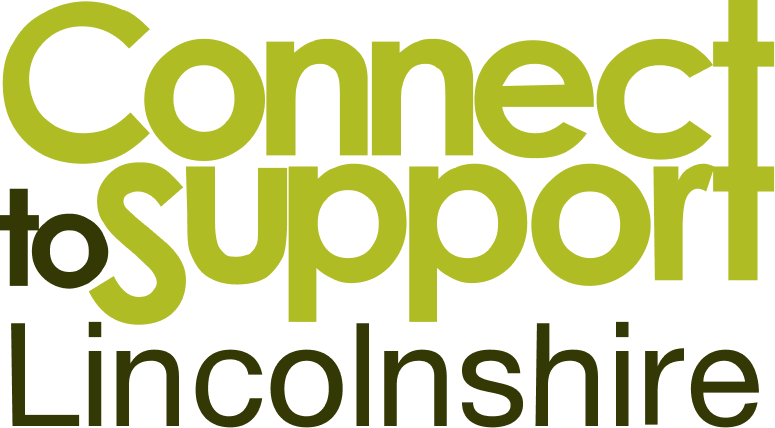Smart meters
A smart meter is a new kind of gas and electricity meter that can digitally send meter readings to your energy supplier for more accurate energy bills.
Smart meters come with in-home displays so you can better understand and reduce your energy use. Every home in Britain should have been offered a smart meter from their supplier by 2020.
Visit Citizensadvice.org.uk for more information about Getting a smart meter installed.
Smart Energy GB has more information about the benefits of smart meters and how they should be installed.
Technology Enabled Care
Technology Enabled Care (TEC) refers to any digital solution that supports someone to manage their care and support.
TEC solutions range from the simplest information app to sophisticated monitoring devices.
These solutions could be in the form of telecare devices, sensors, or simply ‘off-the-shelf’ household devices such as:
- Digital communication aids
- Smart speakers
- Smart devices
- Door sensors
- Telecare
- Phone apps
TEC can help people to:
- Reduce risks and provide reassurance that a person is safe and well in their home
- Support people to be more independent or feel less isolated
- Communicate with friends, families and professionals
- Use existing devices
- Link people with services and communities that are important to them
- Give people more control over their health, safety and wellbeing
Smart speakers
Smart speakers can be used for more than just listening to music. The use of smart speakers in people’s homes has become a powerful tool for improving outcomes, and helping people to stay independent, safe and well.
Recent studies have shown that smart speakers can:
- Reduce feelings of isolation and loneliness
- Support people to maintain and maximise their independence
- Improve access to information and advice
- Reduce the reliance on others
What can smart speakers do?
- Reminders to prompt someone to take medication or complete regular tasks
- Connect smart plugs and devices to control lights, heating and other technology such as smart TV’s
- Access audiobooks, music or the radio
- Order shopping and create shopping lists that can be shared with others
- Connect to families, friends or professionals using voice calls and texts
- Use voice notes to help manage cognitive difficulties and aid memory
- Smart speakers with screens can be used for voice activated video calling
- For step by step recipes and timers to enable more independent meal preparation
- Reminders of a person’s daily routine or appointments
- Entertainment such as daily jokes, on this day in history, and games
Smartphones, Tablets and Computer Apps
There are a wide verity of smart phone apps available, many of which are free to download and use.
Apps can help to:
- Increase social interaction and support people to stay in contact with people who are important to them
- Support people to maintain and maximise their independence
- Support daily routines and reduce anxiety
- Enable people to overcome barriers that they experience in their everyday lives
- Improve access to information and advice
- Support decision making
- Reduce reliance on others
What can Apps do?
- support with communication through pictures, translation and text to speech
- help people to express preferences or feelings in an interactive manner
- provide a ‘thinking’ tool to enable people to explore issues, problem solve and verbalise thoughts
- support with shopping: creating lists, online shopping, support decisions about what the person wants
- help people to both understand what is involved in a decision and to then give their opinion
- support with managing finances and budgeting
- help manage health, exercise and diet
- verbally describe what a device camera can see, or video call a person who can describe an item
- link with household devices or other items
- alert informal carers of changes identified through monitoring systems
- monitor and control your heating systems remotely
Other types of TEC
Other types of TEC that can help people with tasks, stay connected and control their home include:
- Smart Plugs – Wi-Fi connected plugs that allow you to control electrical items from your phone or tablet.
- Video Doorbells – internet connected doorbells that allow you to see who is at the door, or talk to visitors through a speaker.
- Curtain openers – remote control curtain openers that allow you to open your curtains without getting up.
- One-cup hot water dispensers – pre-programmed hot water that fills one cup at a time.
- Smart TVs – internet connected televisions.
- Robot vacuum cleaners and lawnmowers – self-driving vacuum cleaners and lawnmowers that use sensors to vacuum your home or mow your lawn remotely.
- Smart washing machines and appliances – internet connected household appliances that can be controlled remotely.
- Smart light bulbs – that allow lights to be customised, scheduled and controlled remotely.
- Smart mugs – that heat or cool drinks and can be remotely controlled.
- Smart taps and shower heads – that change colour depending on the water temperature.
WaveLength
WaveLength gives radios, televisions, and tablet computers, free of charge, to people who are lonely and can’t afford to buy the technology themselves.
Find out more about how technology can help fight loneliness and Apply for Help at wavelength.org.uk
Get Online at Home
Get Online at Home offers refurbished computers and tablets at discounted prices to people with disabilities, members of low-income families who are on certain benefits, or those in a community with limited access to technology.
Find out more about at getonlineathome.org
Disability Grants
The Disability Grants website has information about computer and assistive technology grants.
Visit disability-grants.org for more information about computer and assistive technology grants.
